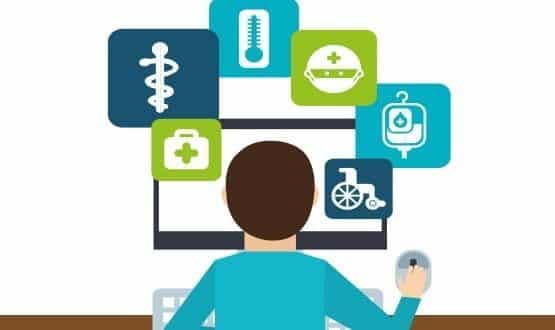Doctors beat algorithms on diagnosis – study
- 19 October 2016

Doctors “vastly outperformed” computer algorithms when it comes to giving a correct diagnosis, according to an American research trial.
In the investigation, 234 physicians correctly diagnosed patients 72% of the time, in comparison to the symptom checker app, Human Dx, which only managed to score 34%.
Published earlier this month in ‘JAMA Internal Medicine’, the study stated that it is thought to be the first direct comparison of diagnostic accuracy.
Human Dx, is a web and app based platform on which clinicians can produce different outcomes for clinical case studies. It aims to be the world’s first open diagnostic system.
Ateev Mehrotra, one of the authors and an associate professor at Harvard Medical School, said in a statement that there still remains huge potential for technology to help in healthcare.
“Clinical diagnosis is currently as much art as it is science, but there is great promise for technology to help augment clinical diagnoses. That is the true value proposition of these tools.”
In the study, the doctors were better at acute and uncommon cases, whereas the app was more likely to correctly diagnose common and less intense illnesses.
It was also noted that clinicians got the diagnosis wrong, 15% of the time. Mehrotra said that “it will be critical to study future generations of computer programs that may be more accurate”.
Algorithms that support diagnosis decisions are already widely used by clinicians within the NHS but there has been an increasing drive to create patient facing algorithms.
Private GP digital subscription service, Babylon Health, launched a ‘AI triage tool’ earlier this year, that allows patient to enter their symptoms and receive a recommended course of action without direct clinical input.
The Patient Access app has a similar symptom checker function that provides patients with a list of “possible diagnosis”.
The algorithm behind part of the NHS 111 service advises non-clinical staff how to triage patients based on their stated symptoms, although this function has faced strong criticism from clincians.
At the Health and Innovation Expo in Manchester last month, health secretary Jeremy Hunt announced that he wants to put that capacity in the hands of patients with a new online triage NHS 111 service serious for “less serious issues”.




